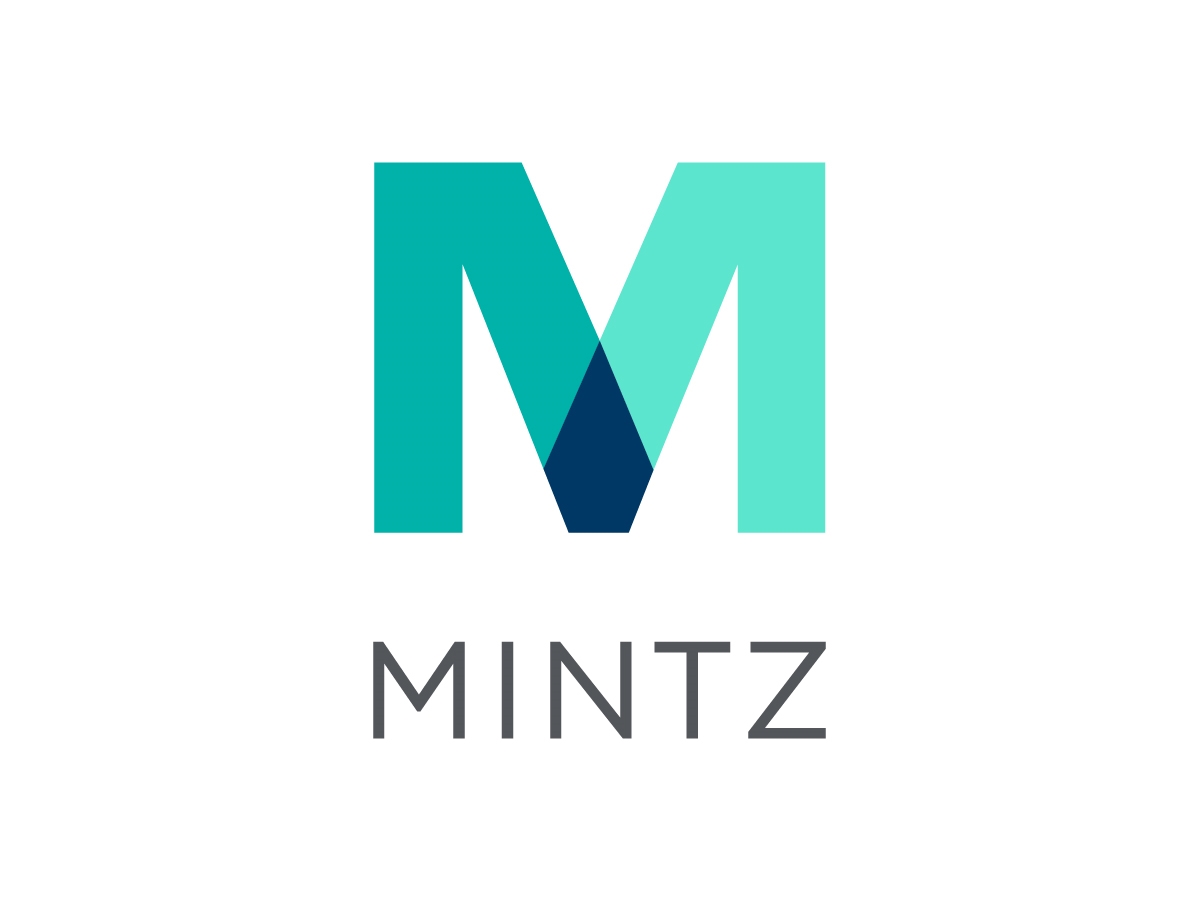Sens. Tillis and Coons Introduce Patent Eligibility Reform with a Significant Shift | Holland & Knight LLP
Sens. Thom Tillis (R-N.C.) and Chris Coons (D-Del.) on June 22, 2023, introduced the Patent Eligibility Restoration Act of 2023. My key takeaway from the text of the legislation is that Tillis and Coons are trying to walk the line on bringing clarity to patent eligibility while incorporating at least some of the judicial exceptions (e.g., pure mental processes) into the legislation.
That said, there is a major caveat in the proposed legislation related to processes that are “substantially economic, financial, business, social, cultural, or artistic.” Those processes “shall not be excluded from eligibility for a patent if the process cannot practically be performed without the use of a machine or manufacture” (emphasis added). If there were any question, the commentary to the legislation makes clear that a computer qualifies as a machine.
So, if my reading of the proposed legislation is correct, a business method that practically must be performed by a computer would be patent-eligible. This would be a big change and completely change the patent eligibility landscape.
The legislation also acknowledges that early patent-eligibility challenges will be allowed, sometimes with limited discovery. In other words, expect to fight about what “practically must” means in relation to performing a method on a computer.
Below is my quick summary of the proposed legislation:
- All judicial exceptions to patent eligibility are eliminated.
- Patent eligibility should be determined without consideration of Sections 102, 203 or 112.
- Any invention or discovery that can be claimed as a useful process, machine, manufacture or composition of matter, or any useful improvement thereof, is eligible for patent protection, except as described below in (D) and (E):
(D) The following inventions shall not be eligible for patent protection:
(i) A mathematical formula that is not part of an invention that is in the category above.
(ii) A mental process performed solely in the mind of a human being.
(iii) An unmodified human gene, as that gene exists in the human body.
(iv) An unmodified natural material, as that material exists in nature.
(v) A process that is substantially economic, financial, business, social, cultural, or artistic.
(E) Under the exception described above in (D)(v):
(i) The process described in (v) above shall not be excluded from eligibility for a patent if the process cannot practically be performed without the use of a machine or manufacture.
When introducing the legislation, Tillis said:
“I have long said that clear, strong, and predictable patent rights are imperative to enable investments in the broad array of innovative technologies that are critical to the economic and global competitiveness of the United States, and to its national security . . . Unfortunately, our current Supreme Court’s patent eligibility jurisprudence is undermining American innovation and allowing foreign adversaries like China to overtake us in key technology innovations. This bipartisan legislation with Senator Coons maintains the existing statutory categories of eligible subject matter, which have worked well for over two centuries, and addresses concerns regarding inappropriate eligibility constraints by enumerating a specific but extensive list of excluded subject matter. I look forward to continuing to work with all interested stakeholders on this important matter. Passing patent eligibility reform remains one of my top legislative priorities during my second term.”
Coons echoed those sentiments:
“More than a decade after the Supreme Court waded into patent eligibility law, uncertainty remains about what areas of innovation are eligible for patent protection. Critical technologies like medical diagnostics and artificial intelligence can be protected with patents in Europe and China, but not in the United States.”
Here is the full press release.
As I wrote in May, Coons and Tillis, along with Rep. Hank Johnson (D-Ga.), have all recently expressed “optimism” for patent eligibility reform, but I have been skeptical it goes anywhere. With the proposed legislation before me, I remain skeptical it becomes law without some significant revisions.






